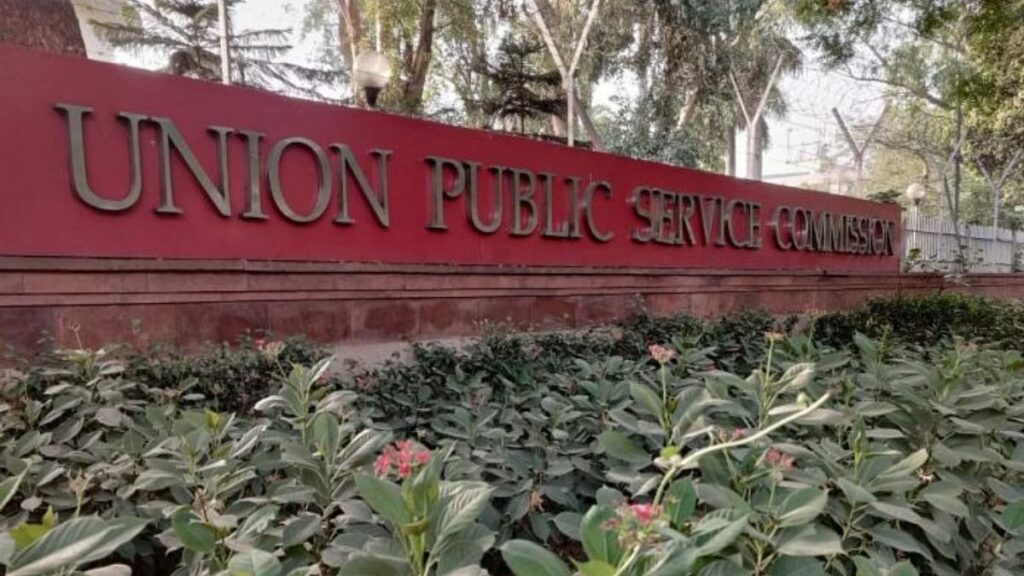The latest developments surrounding the UPSC (Union Public Service Commission) exam process have raised some significant concerns and questions among aspirants. With the UPSC 2024 result expected in April, many are anxiously waiting for updates, including the release of the cut-off and answer key. However, as we look forward to the 2025 cycle, the focus is on whether any improvements will be made to enhance the transparency and efficiency of the entire process.
Timeline of UPSC 2024 Results and Answer Key Release
The 2024 UPSC result will be announced in April, along with the corresponding cut-off marks and answer key. However, there has been considerable frustration regarding the delay in the release of these crucial details. Many candidates, especially those preparing for the 2025 exam, are wondering why there is a significant lag in sharing this information, particularly the answer keys and cut-off marks.
For aspirants, timely access to these resources is critical. Knowing where they went wrong in the preliminary exam can help them strategize their preparation better for upcoming exams. It is not just about knowing their own marks, but also about understanding which subjects they need to focus on. However, due to the delay, many candidates feel they are left in the dark, unsure of how to improve their preparation.
The Transparency Concern: A Petition Filed in Supreme Court
The issue of delayed release of cut-off marks and answer keys has reached the Supreme Court. A petition was filed, arguing that this delay raises questions about the transparency of the UPSC exam process. The petitioners assert that other examination bodies, like state-level PCS exams or IIT entrance exams, release their answer keys and cut-offs alongside the results, which allows candidates to evaluate their performance immediately. This helps them to plan better for their future attempts.
In contrast, UPSC candidates face the dilemma of not knowing where they went wrong until the final result is declared months after the exam. This lack of timely feedback is seen as a major hindrance, particularly for those who have narrowly missed the cut-off or have failed in the preliminary exam. Without knowing their mistakes, they are unable to take corrective measures and are left uncertain about their strengths and weaknesses.
The Role of the Amicus Curiae: Jagdeep Jaydeep Gupta
The petition has led to the appointment of Jagdeep Jaydeep Gupta as the Amicus Curiae (friend of the court), who will investigate why UPSC has not been releasing the answer keys and cut-off marks in a timely manner. His task is to assess the hurdles that UPSC faces in improving transparency, and to recommend measures to address these concerns. The Supreme Court has directed UPSC and the government to submit an affidavit explaining why the delay occurs and what steps can be taken to resolve it.
While UPSC has not provided an official explanation for the delay, experts suggest that the organization may be cautious about releasing information too soon, fearing that discrepancies in the answers could lead to legal challenges or petitions. UPSC’s exam process, particularly in humanities subjects, often involves subjective interpretation, and thus the commission may want to avoid releasing answers prematurely.
The Implications of Delayed Answer Key Release
The delay in the release of the answer key and cut-off marks is not just an inconvenience for candidates—it also impacts their ability to plan their preparation. If answer keys and cut-off marks were made available soon after the exam, aspirants would have the opportunity to identify their weak areas and correct them for the next attempt. Without this information, candidates waste valuable time and energy in areas that may not need as much attention, while neglecting their weaker subjects.
Furthermore, many aspirants argue that the lack of transparency undermines the credibility of the UPSC examination. When answer keys and cut-offs are released only with the final results in April, candidates cannot be sure if they have performed poorly due to their own mistakes or due to errors in the exam itself. Other institutions release such details immediately, but UPSC’s reluctance to do so raises valid concerns among those who dedicate years to their preparation.
The Potential for Change: Upcoming Hearing on 4th February
The Supreme Court will hold its next hearing on the matter on 4th February. This hearing could potentially lead to a change in the way UPSC handles the release of answer keys and cut-offs. Many are hopeful that this petition will result in a more transparent and candidate-friendly process for future examinations.
For now, aspirants are left waiting, hoping that the system will change in favor of greater clarity and fairness.
Conclusion
As we await the next steps in this legal battle, it’s clear that transparency is a key issue that needs to be addressed by UPSC. Candidates, especially those preparing for 2025, are hoping for timely feedback, including the release of answer keys and cut-off marks. Until the system changes, candidates must continue their preparation with the knowledge that they might not receive detailed feedback until months after the exam. Let’s hope that the upcoming hearing brings about a solution that benefits all those who dedicate their time and energy to UPSC exams.
Stay tuned for further updates and information about UPSC 2025 and beyond.
By addressing the long-standing issue of delayed result disclosures, UPSC can enhance the examination experience for all candidates. The petition filed in the Supreme Court is a crucial step in ensuring that the examination process becomes more transparent, allowing aspirants to better plan their preparation. Let’s hope that these concerns are addressed in the upcoming hearing, and that future aspirants get the support they need to succeed.
Also Read: Henley Passport Index 2025: India Slips to 85th, Singapore Tops the List
Disclaimer
This article is for educational purposes, focusing on the relevance of the topic for UPSC aspirants. Students should stay updated on further developments and refer to official sources for comprehensive preparation.
Follow Fusion IAS

